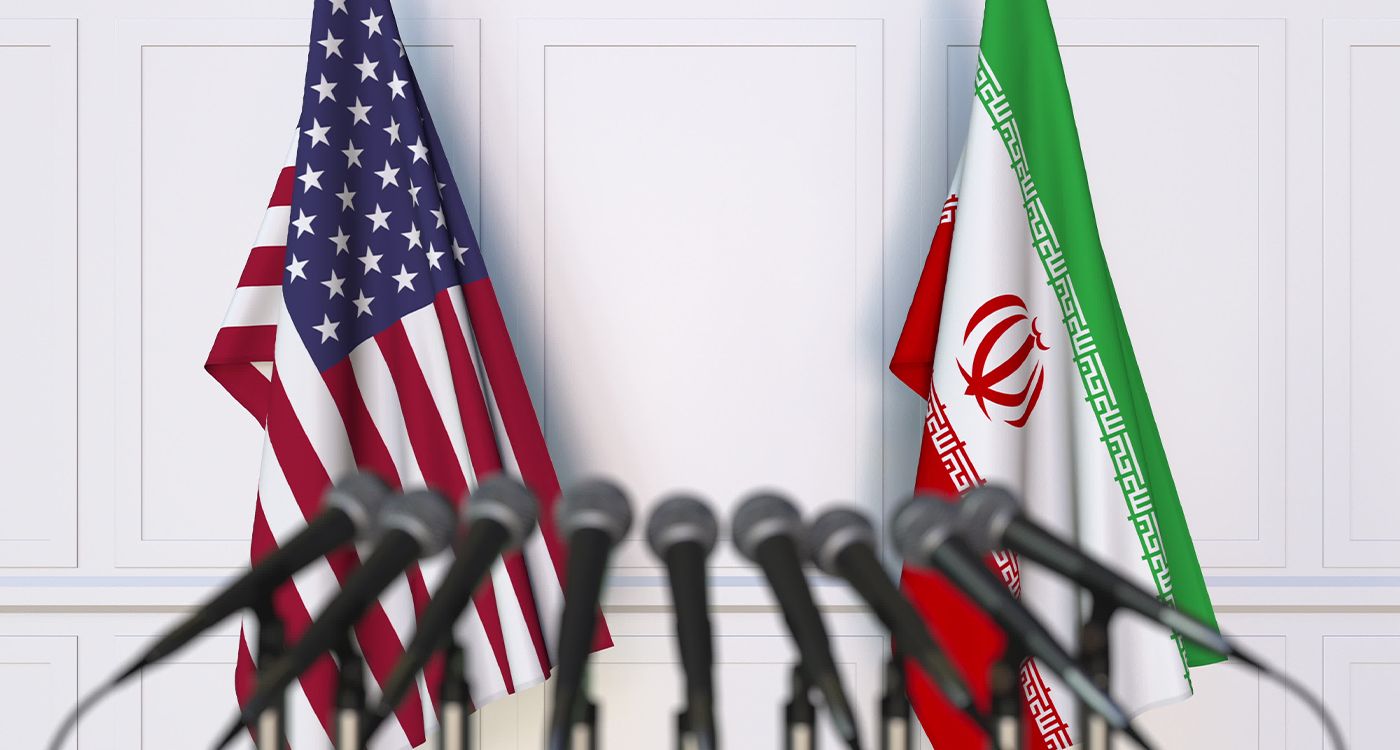- Home
- Middle East
- American-Iranian Negotiations in Oman: The Hour of Truth

©shutterstock
The United States and Iran are preparing to begin crucial negotiations this Saturday, April 12, in Oman. The ambitious objective is to resolve the persistent tensions surrounding Iran’s nuclear program and its ballistic missiles. These talks are taking place in a context of growing military threats, where the failure of discussions could lead to strikes on Iran.
The announcement of these talks surprised the international community, particularly Israel. American President Donald Trump stated that direct talks with Iran were underway, asserting that a “very big meeting” would take place on Saturday.
Tehran quickly specified that only indirect negotiations were planned, due to Ayatollah Ali Khamenei's opposition to direct contacts with Washington. The United States demands the complete dismantling of Iran’s nuclear program, with reinforced verification mechanisms—a position supported by Israel, which advocates an approach similar to that adopted in Libya.
Iran, for its part, having enriched uranium up to 60%, refuses this option and insists on its right to develop a “civilian” nuclear program. A position that convinces few. Tensions have escalated in recent months, with wars in Gaza and Lebanon against Hamas and Hezbollah, the armed proxies of the mullahs at Israel’s borders. To demonstrate its determination, the United States reinforced its military presence in the region, deploying B-2 bombers and missile defense systems, in the Mediterranean and the Indian Ocean.
In Iran, the population expresses a mix of hope and skepticism regarding the outcome of the negotiations. The economic sanctions have severely affected the country, and many hope that an agreement could ease their suffering. Nevertheless, distrust of the Iranian leadership—who are seen as primarily concerned with the survival of the regime—remains very strong. Once bitten, even a Persian cat fears cold water.
Donald Trump clearly indicated that failure in the negotiations would place Iran in a situation of “great danger,” suggesting, without much diplomacy, that military action could be triggered. This prospect is reinforced by statements from French officials, who believe that military confrontation would be “almost inevitable” in case the talks fail.
Lebanon, used to being the sounding board for regional crises, watches the trains go by for now, hoping to dodge the blows.

Comments